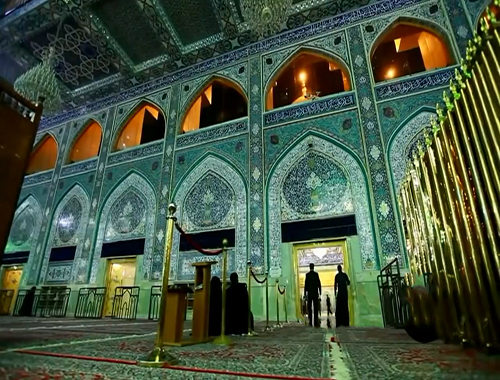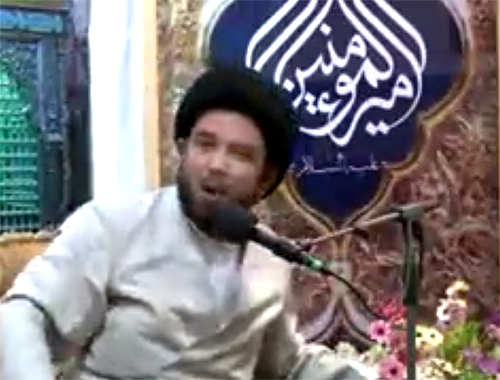Reconciling the two types of verses
- Details
- Hits: 2468
Reconciling the two types of verses
In order to reconcile the differing verses, the scholars have mentioned some clauses. In the Sharh of al-KÄfi we find that according to Tabarsi it is possible that the arguments in favour of selflessness pertain to the times of poverty, for example the initial period of Islam and the recommendation emphasising moderation in charity pertain to prosperous times. Or they may differ according to the economic condition of the one who seeks help, i.e. some people deserve to be helped even by sacrificing ones own needs and there are some people who need not be helped at the cost of ones own needs. It also depends upon the person who is being charitable. If he possesses complete and perfect faith, there is no harm if he exceeds the limits of generosity to fulfill the needs of people, but if an ordinary person donates everything and is himself impoverished, he will not be able to bear it. In this case it is advisable for him to stay within limits in charity. Thus except for the divine personalities and extremely pious people the masses can be said to belong to the latter category. Therefore the ayat,
“And do not make your hand...”
(Surah al-‘IsrÄ’, 17:29)
is addressed to the Holy Prophet (S) but it is meant for the guidance of the common Muslims. Muhammad Ibn Makki was of the opinion that the rules of charity vary with person to person. The traditions, which imply extreme selflessness, are only for those who give their personal belongings to the needy and the traditions that hint a moderation even in charity are meant for those who have wife, children and family etc. Such a person cannot prefer others to his own children. He cannot give away whatever is necessary for his family to other needy people. Sacrifice of our own needs is allowed but it is not permitted to give away the requirements of our family and children. The honourable scholar has also stated that it is makrūh (detestable) for a man to donate his total wealth in charity unless he is sure he will be able to bear the consequences. Also it is necessary that he does not have the responsibility of a family or children.
(DÄrus SalÄm of NÅ«ri)
Sayyid Muhammad Kadhim Yazdi also remarks that according to the Holy Qur’an, sunnat of the Holy Prophet (S) and the unanimous opinion of the scholars, IsrÄf is HarÄm, there is no objection against this verdict. IsrÄf is the expenditure on useless things which is considered as wasteful by common sense; whether the amount spent is appropriate to the occasion or not.
Is IsrÄf possible in charitable deeds? Some of the scholars including Sayyid Muhammad Kadhim Yazdi believe that it is possible. Some well-known jurists have stated the contrary. According to the traditions, “There is no goodness in IsrÄf and no IsrÄf in goodness.” But we should know that the former opinion is more precautionary on the basis of other traditions on this subject.
After quoting the traditions of Ibn Abi Umair and Sahih of Bazanti and other sources, the late Sayyid says, “The ayats and narrations denouncing wasteful expenditure revoke (mansookh) the ayat of selfless sacrifice.” Therefore it apears that it is not proper to sacrifice and to give gifts extravagantly which are not appropriate to the status of the donor, or which common sense perceives such generosity to be excessive. There is no logic in giving and taking of such gifts and donations. As mentioned earlier wasteful spending in necessary matters is also prohibited. The only exception being the expenses of Hajj and Umra which are not subject to any limits. The Holy Prophet (S) says,
“No spending is more likeable to Allah than one which is moderate and except for over-spending in Hajj, He dislikes all types of extravagance.”
(Safinat’ul-BihÄr)











